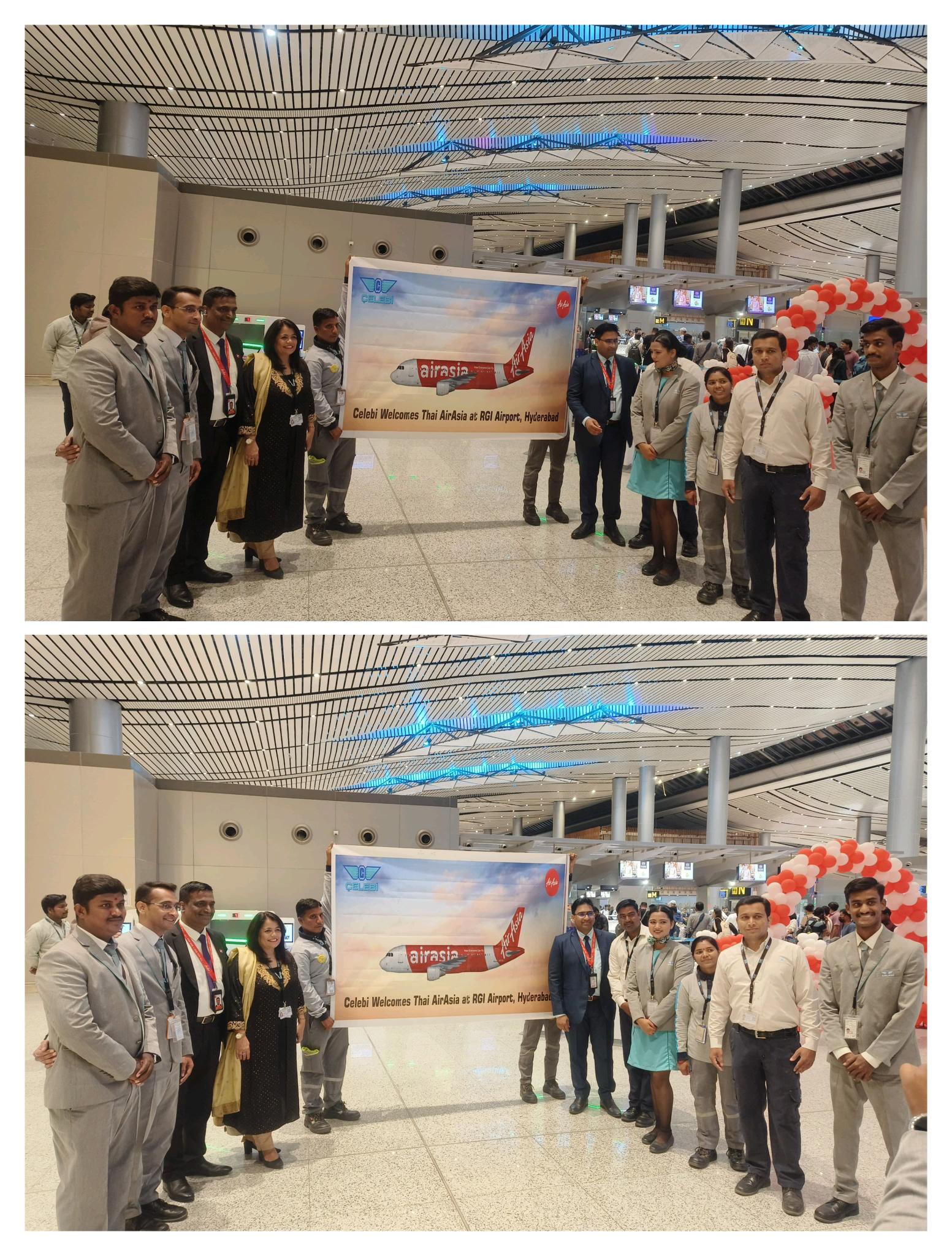Health insurance is a type of insurance coverage that typically pays for a medical, surgical, prescription drug, and sometimes dental expenses incurred by the insured. Health insurance can reimburse the insured for expenses incurred from illness or injury, or pay the care provider directly.
Naama O. Pozniak, Founder, and CEO, A+ Insurance Service, has a 3-decade professional experience in the wellness and health insurance industry. She is also a Virtual Mindful and Stress Initiative Speaker and a Meditation Coach.
A+ Insurance Services strives to provide businesses and individuals with plans and objective information about their health insurance needs.
A huge opportunity for the world
Naama explains, “I think that the pandemic has actually allowed us to quicken everything that has to do with healthcare. That's the first thing. Second, it has allowed us to bring all the minds together - the science, the scientists, the stages, the leaders, the politicians, the healthcare industry, to come together to create sustainable healthcare. So the conversation is now on the table. We look at a global mindset in order to overcome the new normal. Are we going to think that it's going to be bad? Or are we going to make lemonade out of these lemons? So what we're seeing right now is actually a huge opportunity for the world to come together merge healthcare system, and when I sent it to merge healthcare system, I've been traveling to India, for the last 10 years and I've been practicing the Eastern medicine and I think what's happening here in the United States is that we became such a westernized society that we are practicing the western medicine, which actually treats disease, and not taking care of people Mind, Body Spirit, as a connection. So I do believe that when we have this global opportunity to bring or to change the mindset to allow us to treat people in focus on prevention, you know, I mean, education about prevention is huge. And part of what I love about Eastern medicine, that it teaches you, and reminds you basically because we all know what we need to do. But it's a good reminder, to take care of themselves. And if anything, this pandemic, really taught us to take care of ourselves. Self Care is mainly a conversation, especially in the United States, I'm sure everywhere in the world, but how are we going to come together and allow a system that will sustain the future of health? That's important and we see massive pressure on the healthcare system right now, and we have a strategy so we have to come together, it's the best opportunity today to come together and radically embrace AI and security and this development of platforms and telemedicine and be smart about our healthcare. So I think that intuition and collaboration between countries and between the health care systems all over the world to see actually what is working and communicating, it's a key,” she says.
Pay attention to the diversity and inclusion
Naama sheds light on the subject, “This is crucial, because if anything, the pandemic was teaching us a big lesson that we have to pay attention to The diversity and inclusion basically, you know, I mean, we have to make sure we take care of our, the people that cannot afford health care, access to health care. And we see higher rates of death among the population that doesn't have access to care. And I think as a society, this is a wake-up call. And if we need to listen to this, wake up, call, and make sure that we are taking care of each other. So the fact that you have so many people that have access to the best healthcare in the world, the education, the ability now to get the vaccine, it's going to be now really very interesting to see but in order for us to look into a future have real health, real happiness, because I mean, it's all connected, we have to operate from love, we have to make sure we love and embrace the communities that need our help. We need to have more resources, we have to have more technology and I already see, that technology will help these populations to evolve and to learn and to have access. But how are you taking care of people that don't have access to basic things? So, I really am calling everyone in the world to make sure we are communicating, coming together, and sharing resources. Because the fact that we're going to have this pandemic will actually make it worse, because the people have status and access, but unless we're going to take care of our people who really need health care, we as people, I don't think we can thrive or survive. So I believe our intention should be for these communities. Also, eating food is such a medicine, and we need to start using these sources, and resources to take care of ourselves. So it's, it's really the practice of medicine, that needs to change. And I think that we are in right now. I actually feel like we are in the right way to take care of the population that really needs attention socially, economically, and access to care is number one,” she says.
Health care became essential due to the COVID crisis
Naama explains, “So if anything, the pandemic brought a very new situation, and health care became essential. It's not even it's not a choice. It's not a luxury. So what I'm seeing, and I'm also part of what I do, I live meditation, with many conferences all over the world. So I'm participating in a lot of the events and from the security to the AI to the health insurance globally to any for the spiritual world. Any type of conference that you can imagine right now because the access has become easier to access information also, and learning AI will radically change the healthcare industry, we are seeing more startups, we see more innovation happening every day, that physician of the future will actually see patients in a very virtual way. And when we are continually working remotely, everything is enhancing in a way that telemedicine is just becoming a key, which was telemedicine has been it's been around for 10 years, but people didn't want to use it. So now the pandemic, actually bringing us all together to enhance and allow the AI, it's unbelievable, what I'm seeing now is technology allowed us to connect and to exchange information in a way that we can and learn what is, for example, there is a rare case in India or in China or anywhere in the world in Europe, and then we can learn about it in the United States while we are in the operating room. So more devices becoming available, we're seeing definite, quickly, massive use of smartphones and I think that the future of health will be in our hands and also prevention. Prevention is a way when we collaborate together with AI and technology and all these companies that come up with such amazing solutions for the future of healthcare, I think it will be a key and really will radically have to embrace it. And for meaningful healthcare, global healthcare, we really need to embrace technology and allow these companies, the private sector to invest, in the future of health. We all are in this together, it's one thing that pandemic taught us and that is we have to change, we can continue doing the same thing over and over and expect the change to happen. We really need to care about each other and allow healing to embrace. And we have to remember that meditation and yoga are slow medicine, but are very effective. And we need to learn how to heal ourselves, be happy, and take care of the people around us. Because this is because our future depends on how much we will support and give and share and take care of the people, the unfortunate people and any to each other in the world,” she says.
(Edited by Rabia Mistry Mulla)
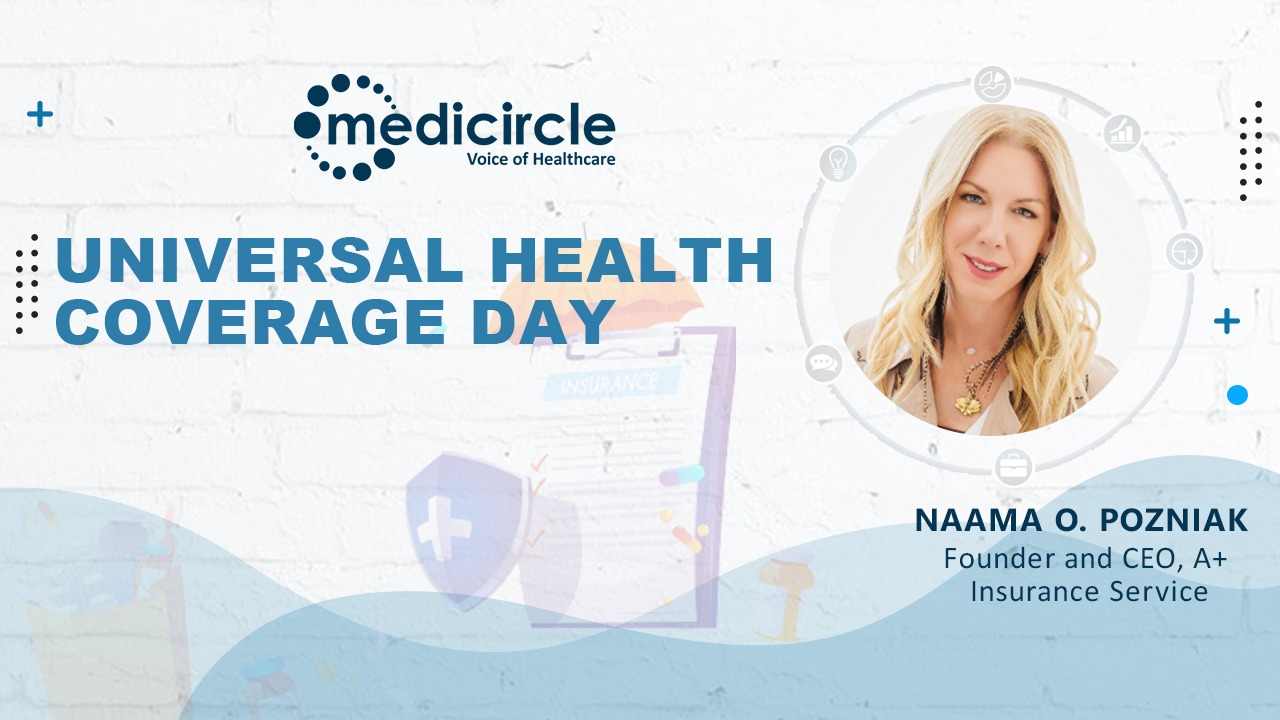
 “Prevention is a way when we collaborate together with AI and technology and all these companies that come up with such amazing solutions for the future of healthcare,†says Naama O. Pozniak, Founder, and CEO, A+ Insurance Service.
“Prevention is a way when we collaborate together with AI and technology and all these companies that come up with such amazing solutions for the future of healthcare,†says Naama O. Pozniak, Founder, and CEO, A+ Insurance Service.









.jpeg)

.png)
.png)
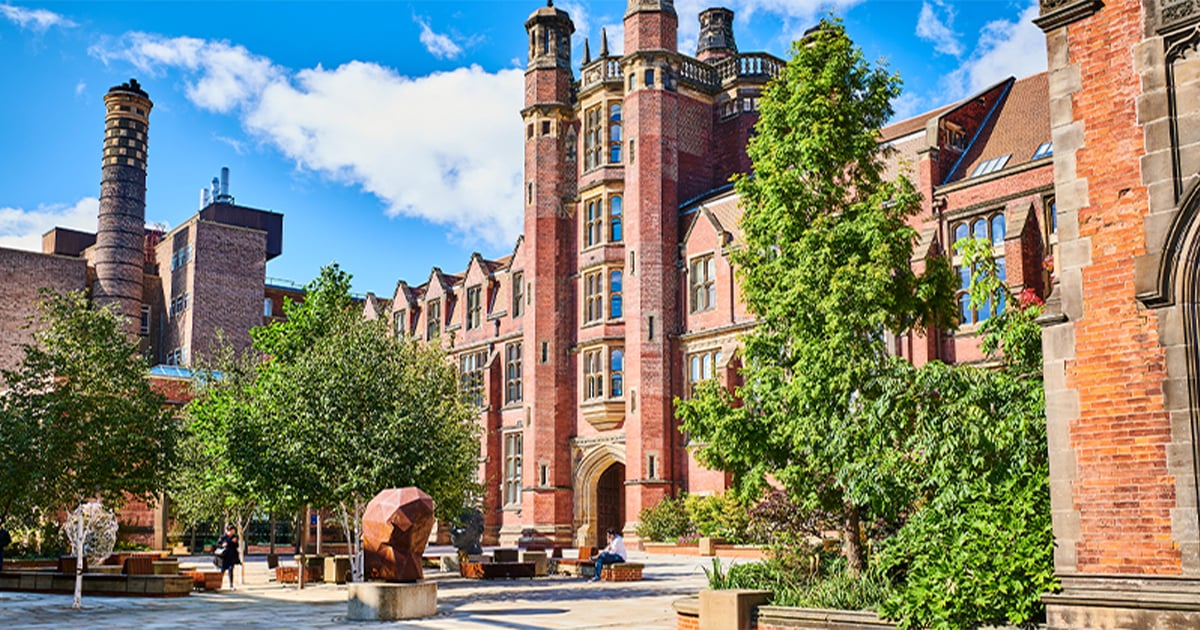
.png)
.png)
.png)
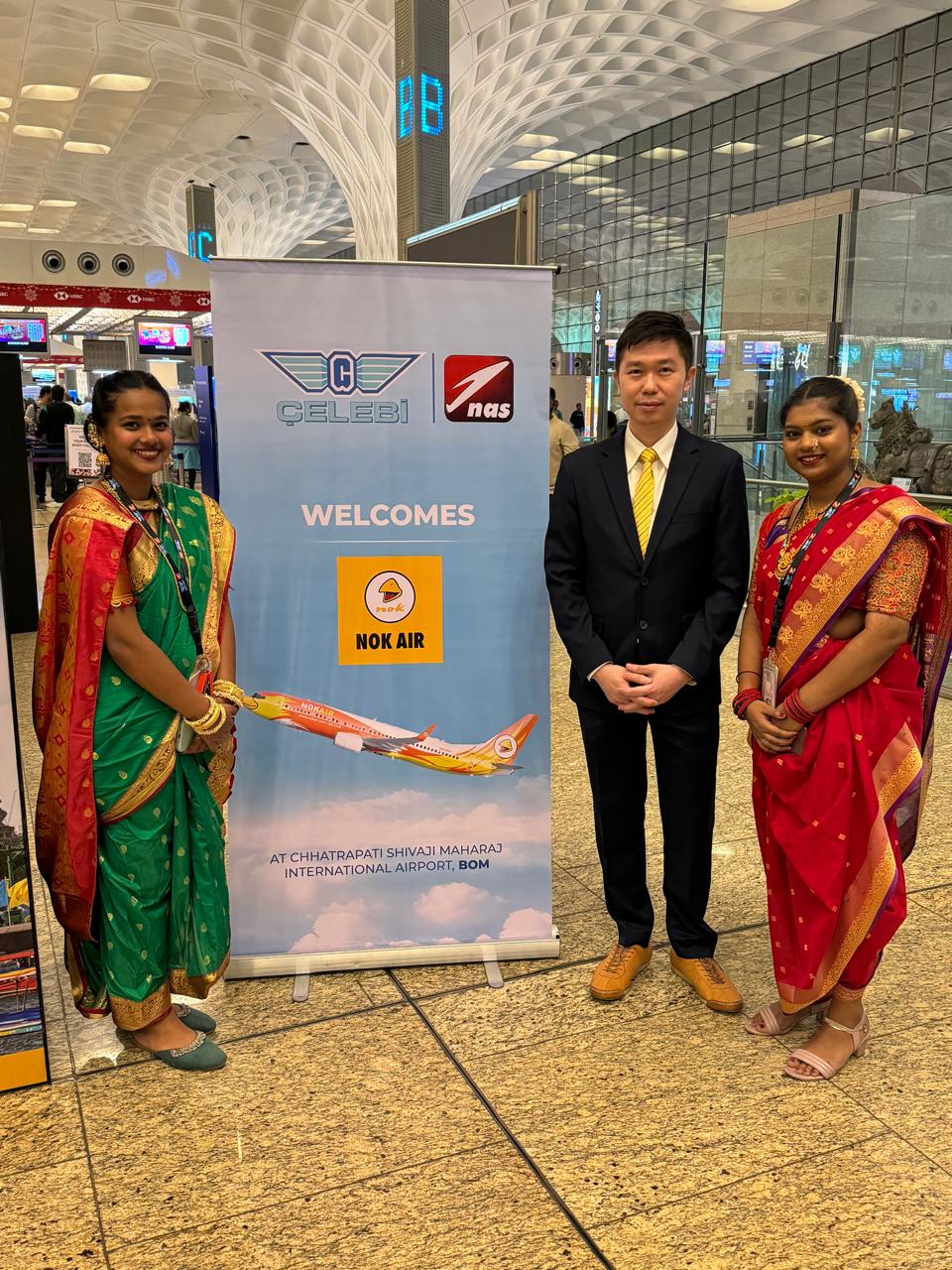
.png)
.png)
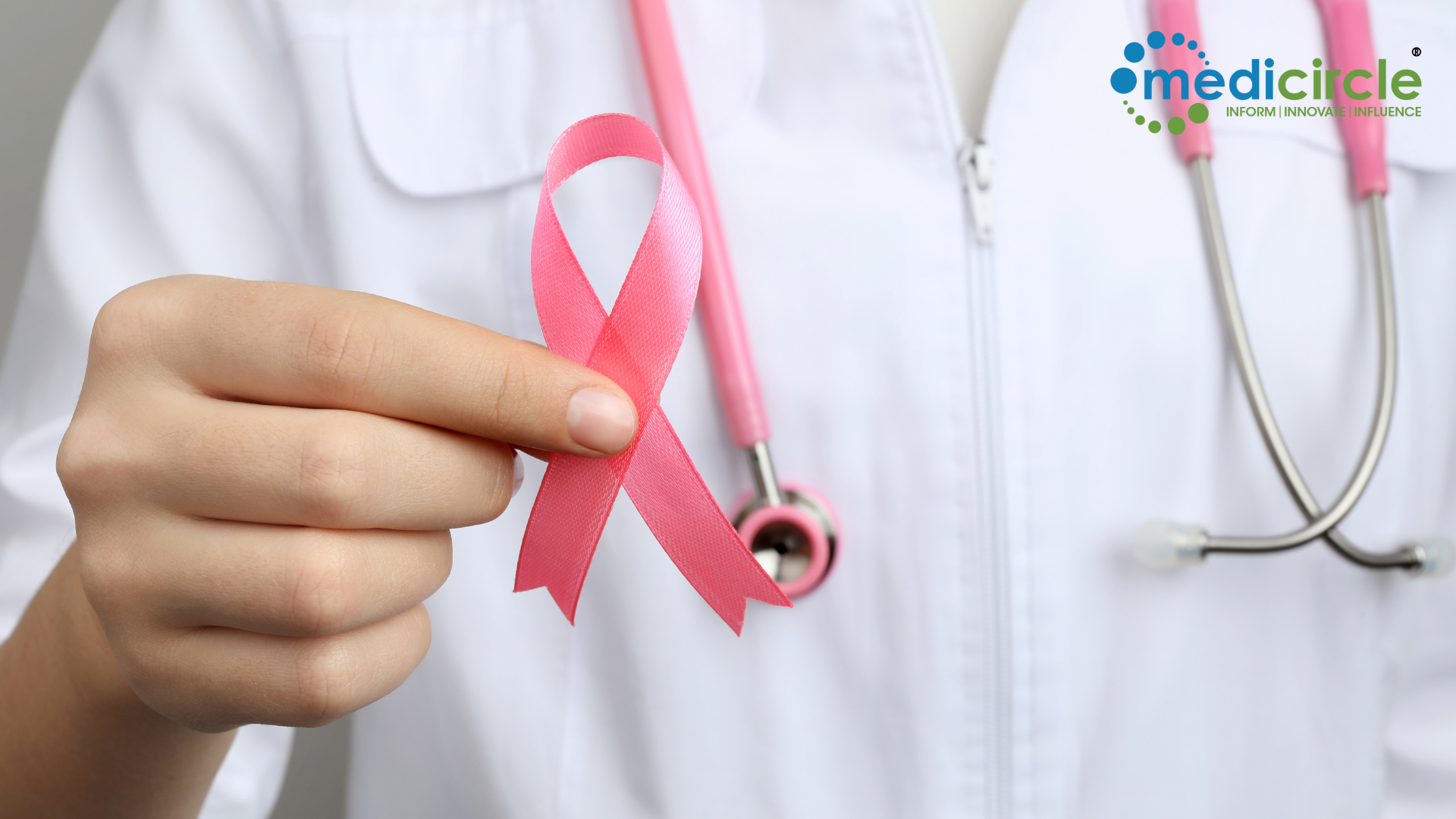
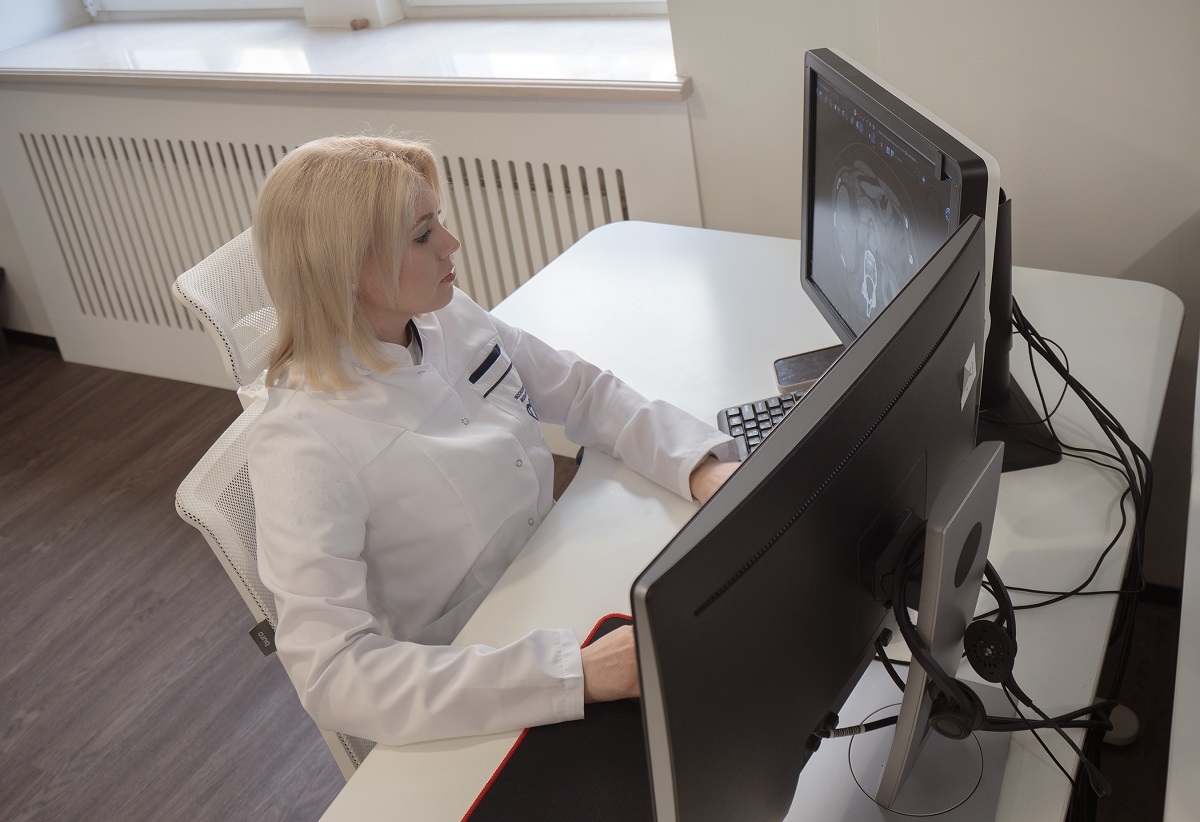
.jpg)
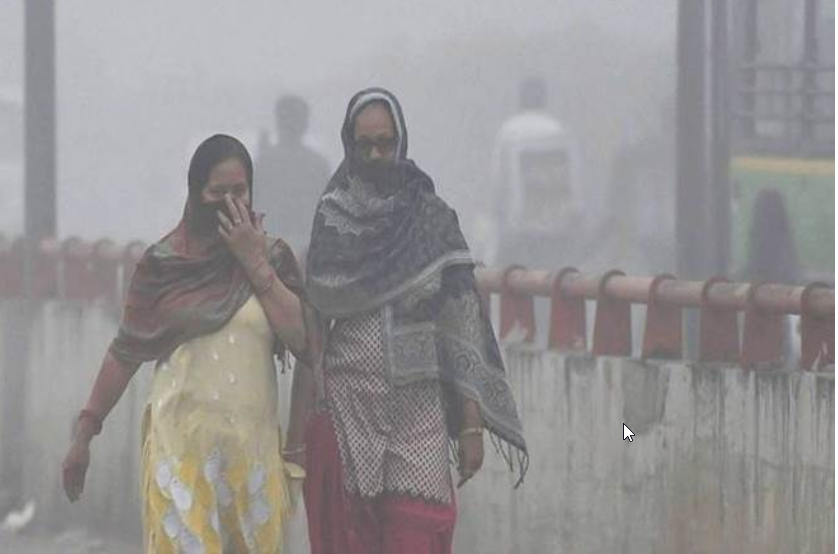
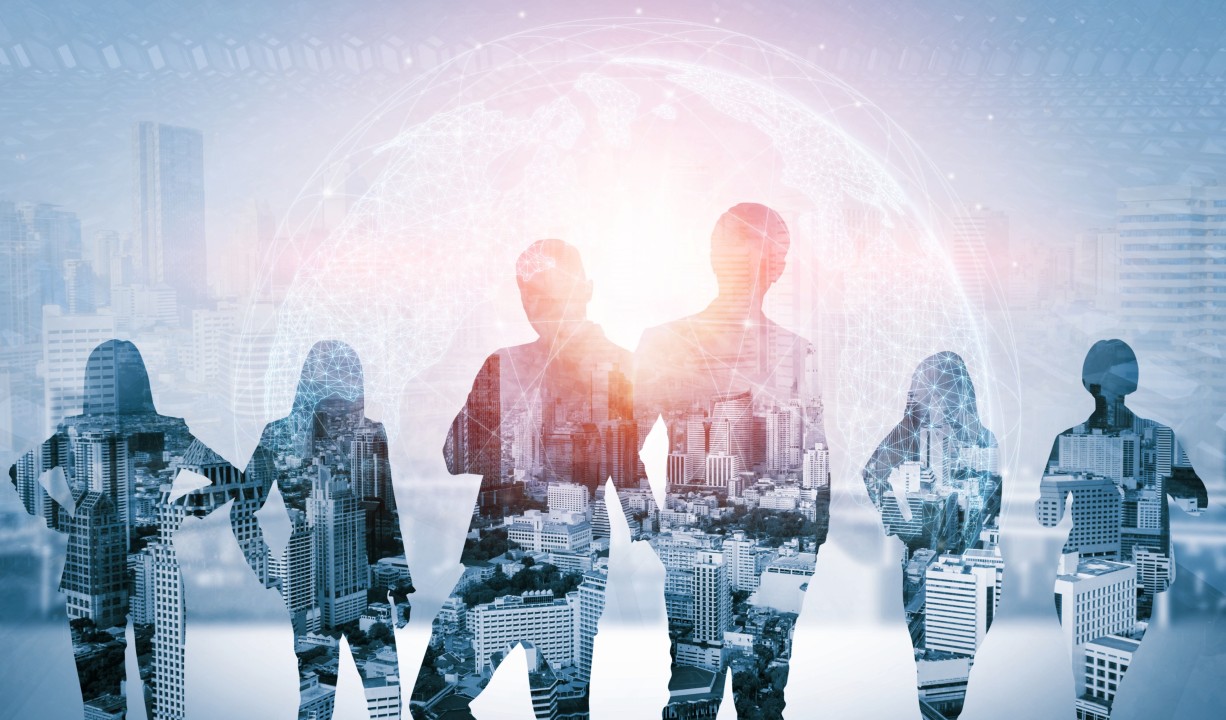
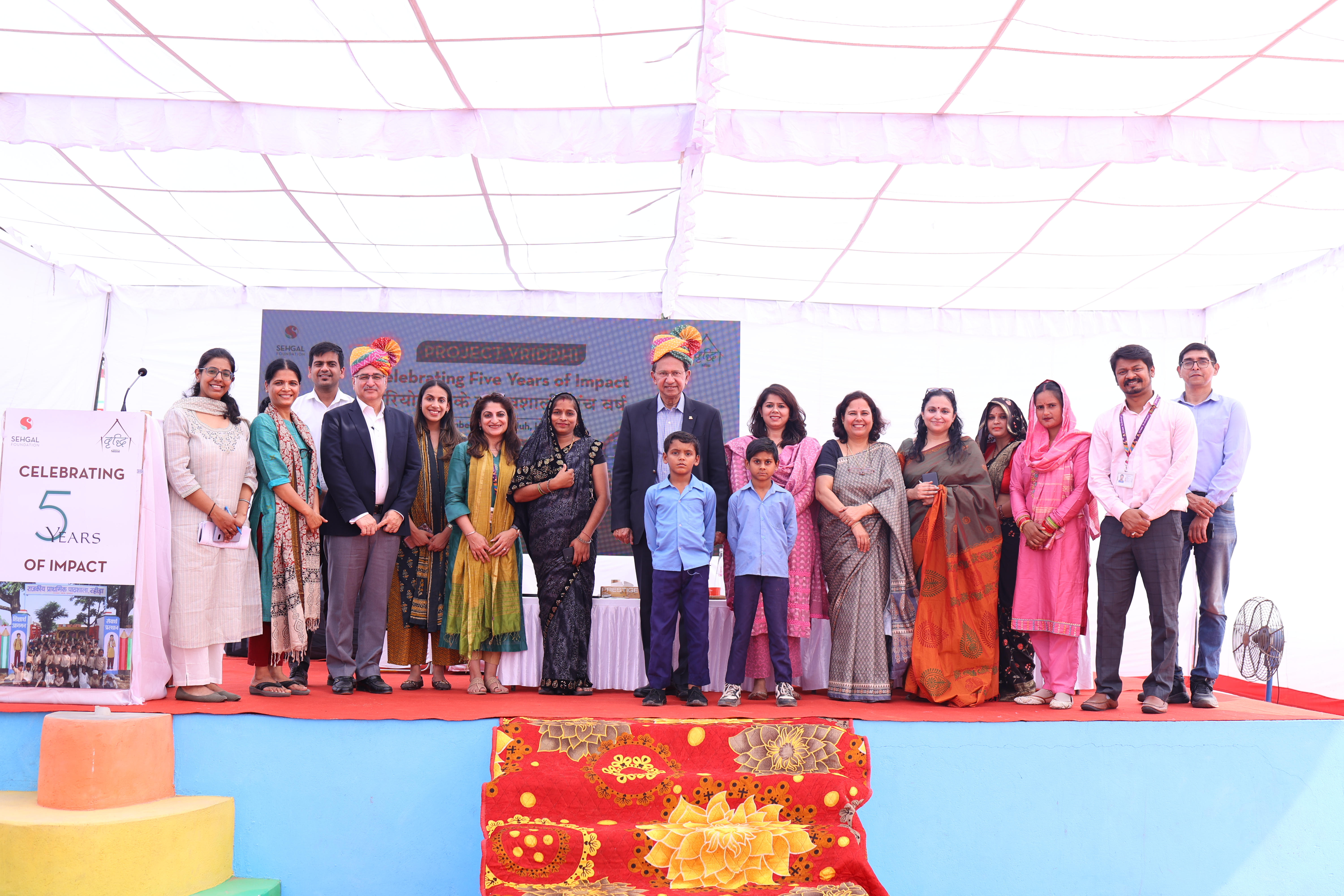
.jpg)
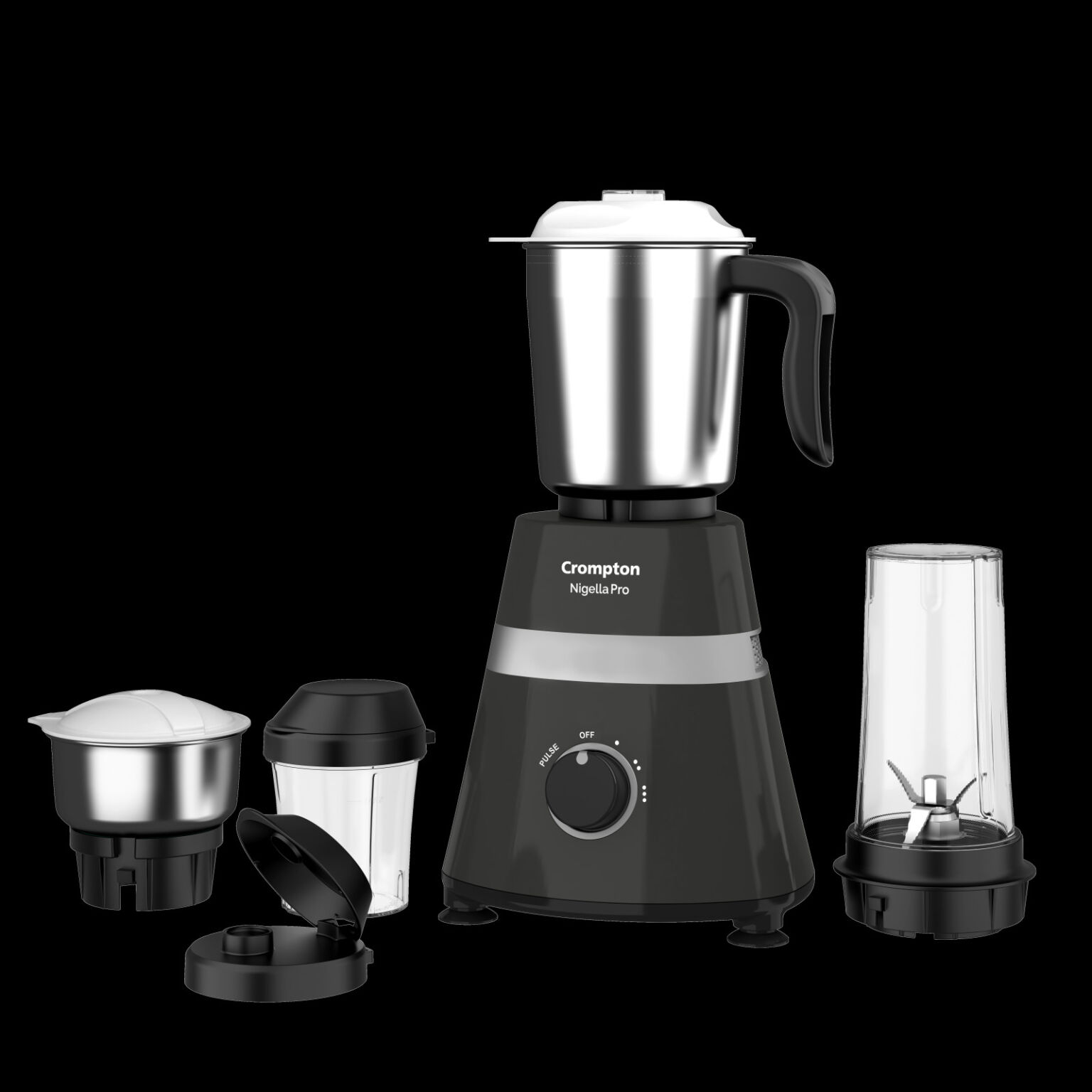
.jpg)
